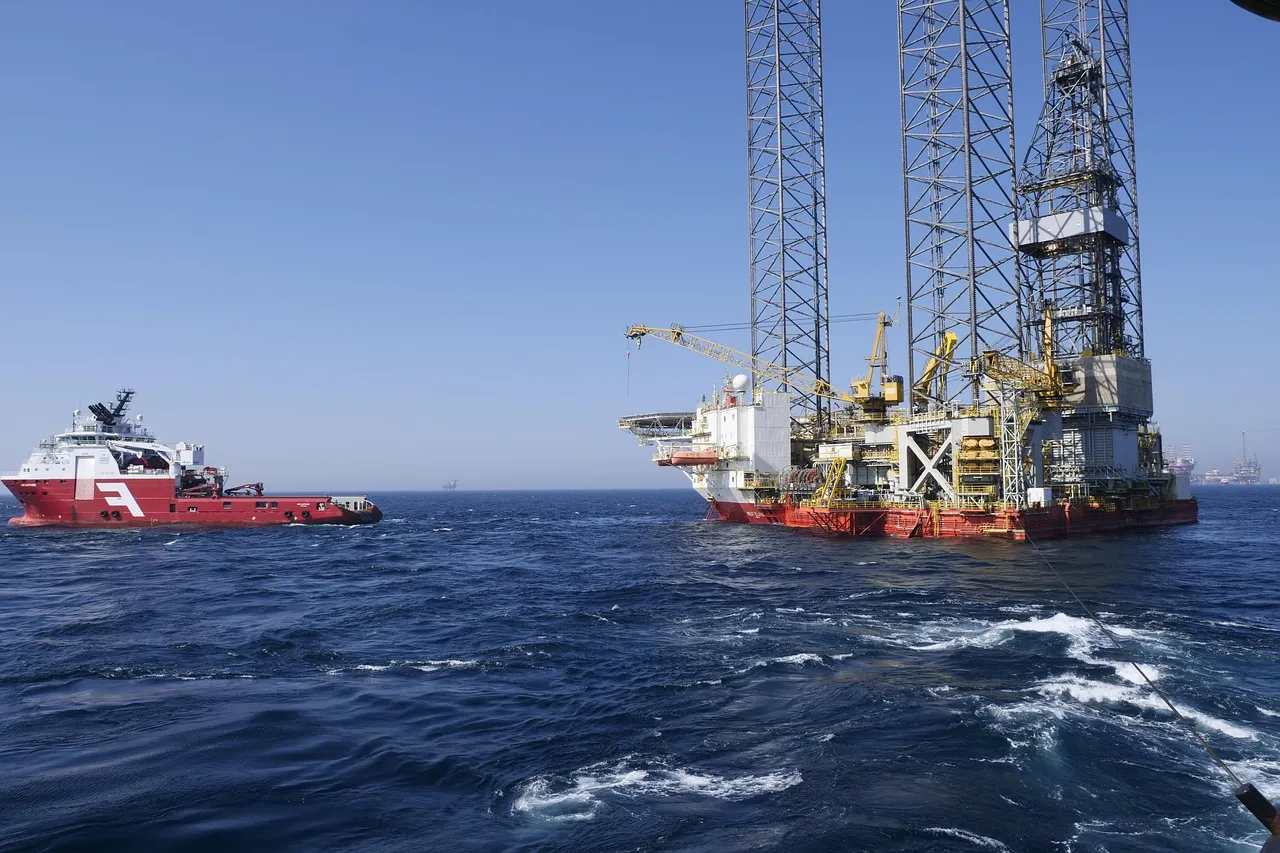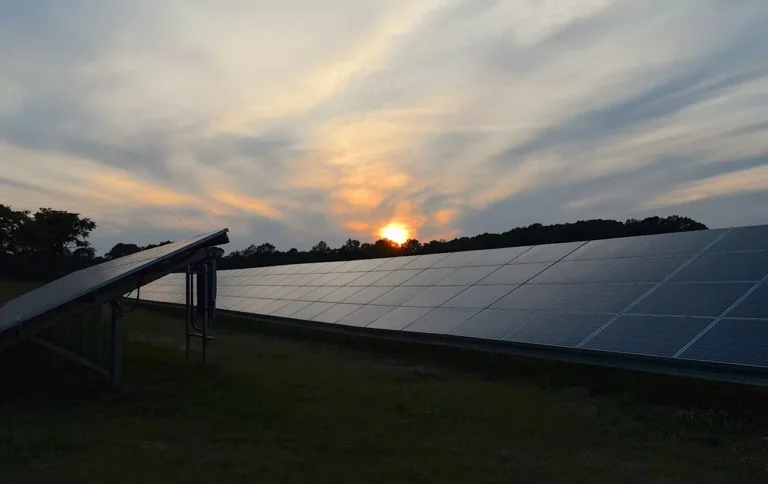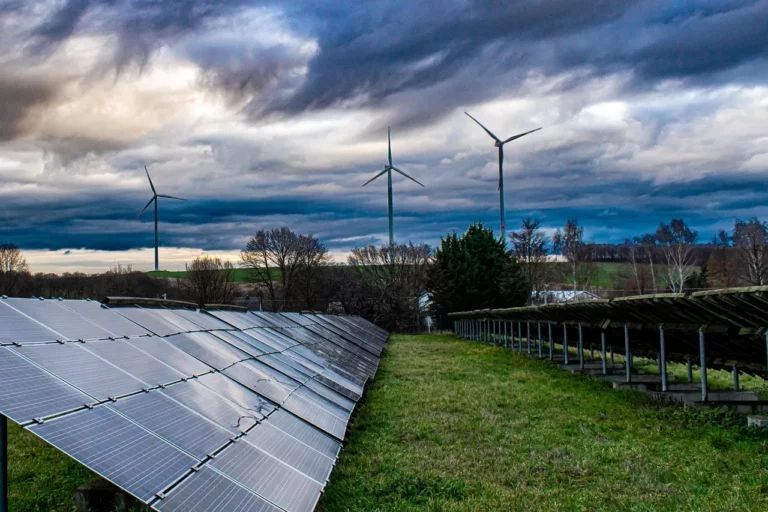
PolyCera® Secures Major Offshore Produced Water Treatment Project with CNOO
PolyCera®, a brand of PSP.US, Inc., announced that it has been awarded a significant contract to deliver ten produced water treatment units for offshore platforms operated by the China National Offshore Oil Corporation (CNOOC). The award marks a milestone in the deployment of advanced water treatment technology in offshore oil and gas operations, addressing one of the industry’s most persistent environmental and operational challenges.
The scope of supply covers systems ranging in treatment capacity from 100 tons per day (approximately 630 barrels per day) up to 1,000 tons per day (approximately 6,300 barrels per day). Collectively, these units are designed to enhance the sustainability of offshore oil and gas production by ensuring the safe and compliant management of produced water, a by-product of hydrocarbon extraction.
Long-Term Validation Leads to Full-Scale Deployment
PolyCera®’s selection by CNOOC follows the success of an extended pilot program that ran for 26 months between 2021 and 2023 on one of CNOOC’s offshore platforms located in the East China Sea. The pilot system utilized PolyCera® Titan ultrafiltration (UF) membranes, which were subjected to the challenging operating environment typical of offshore oilfields.
During the pilot, the membranes consistently demonstrated their ability to remove suspended solids, emulsified oil, and free oil, even under fluctuating influent conditions. The system was further enhanced with a proprietary resin adsorption step, which provided an additional layer of purification. This combined approach ensured that the treated water achieved oil concentrations of less than 40 mg/L, meeting stringent offshore discharge standards. Importantly, the system delivered high water recovery rates of up to 98%, minimizing waste and maximizing operational efficiency.
The positive results of this trial not only proved the resilience of the Titan UF membranes but also validated PolyCera®’s integrated process design as a reliable solution for produced water treatment in offshore environments.
Adapting to Offshore Challenges
Produced water treatment offshore poses unique challenges compared to onshore operations. Offshore platforms face space limitations, variable feedwater characteristics, and strict environmental regulations. CNOOC required a system that could deliver high performance, operate safely with minimal operator intervention, and fit within the confined footprint of offshore facilities.
The new units from PolyCera® have been engineered with these considerations in mind. The design builds on the proven process used in the pilot system and incorporates several operational advantages:
- Adaptability to fluctuating influent quality – The units are capable of handling oil concentrations ranging from 90 to 300 mg/L, ensuring robust performance even when feedwater characteristics change unexpectedly.
- Chemical-free normal operation – The system requires no chemical dosing during standard operation. This reduces operating costs, minimizes the generation of chemical waste, and enhances safety for offshore personnel.
- Minimal waste generation – With recovery rates up to 98%, the system significantly reduces the volume of waste requiring disposal.
- Safety-focused design – The units avoid the use of hazardous cleaning chemicals, aligning with offshore safety requirements and reducing environmental risks.
Compact, Efficient, and Compliant
A key feature of the new treatment systems is their compact footprint, which ranges from 30 to 90 square meters (300 to 1,000 square feet), depending on unit size. Offshore platforms are notoriously space-constrained, making compact and modular systems essential for integration into existing facilities.
Despite their small footprint, the PolyCera® systems deliver high throughput and maintain reliable compliance with offshore discharge regulations. By combining advanced ultrafiltration membranes with efficient resin adsorption, the systems provide a multi-barrier approach to water purification, ensuring that treated water meets regulatory requirements even under variable operating conditions.
Statement from PolyCera® Leadership
Commenting on the award, Jianbo Wen, CEO of PolyCera®, expressed pride in the company’s continued partnership with CNOOC:
“We are proud to extend our collaboration with CNOOC following years of joint testing and validation. This award confirms the robustness of our Titan membranes and the reliability of our integrated solution for offshore produced water treatment. It reflects the trust that one of the world’s leading offshore operators has placed in our technology.”
Industry Context: Why Produced Water Treatment Matters
Produced water—the water that comes to the surface during oil and gas extraction—is the largest volume waste stream in the industry. It often contains a complex mixture of hydrocarbons, chemicals, and suspended solids. Managing this water is critical not only for meeting environmental regulations but also for ensuring safe and efficient operations.
In offshore environments, untreated or poorly treated produced water poses environmental risks to sensitive marine ecosystems. Discharge regulations, therefore, are becoming increasingly strict. At the same time, operators face mounting pressure to reduce operational costs, minimize environmental impacts, and improve sustainability performance.
PolyCera®’s technology addresses these challenges by offering a high-efficiency, low-footprint, and environmentally friendly solution that helps operators like CNOOC balance operational demands with regulatory compliance and sustainability goals.
A Benchmark for Offshore Produced Water Management
The award to supply ten units represents not just a commercial milestone for PolyCera®, but also an industry benchmark. The systems exemplify the advantages of integrating advanced membrane technologies with adsorption processes to achieve stable, compliant, and cost-effective produced water treatment.
By delivering compact, modular, and scalable systems, PolyCera® provides operators with solutions that can be deployed across multiple platforms and adapted to different field conditions. The technology is particularly well-suited to offshore oilfields where space, safety, and reliability are paramount.







